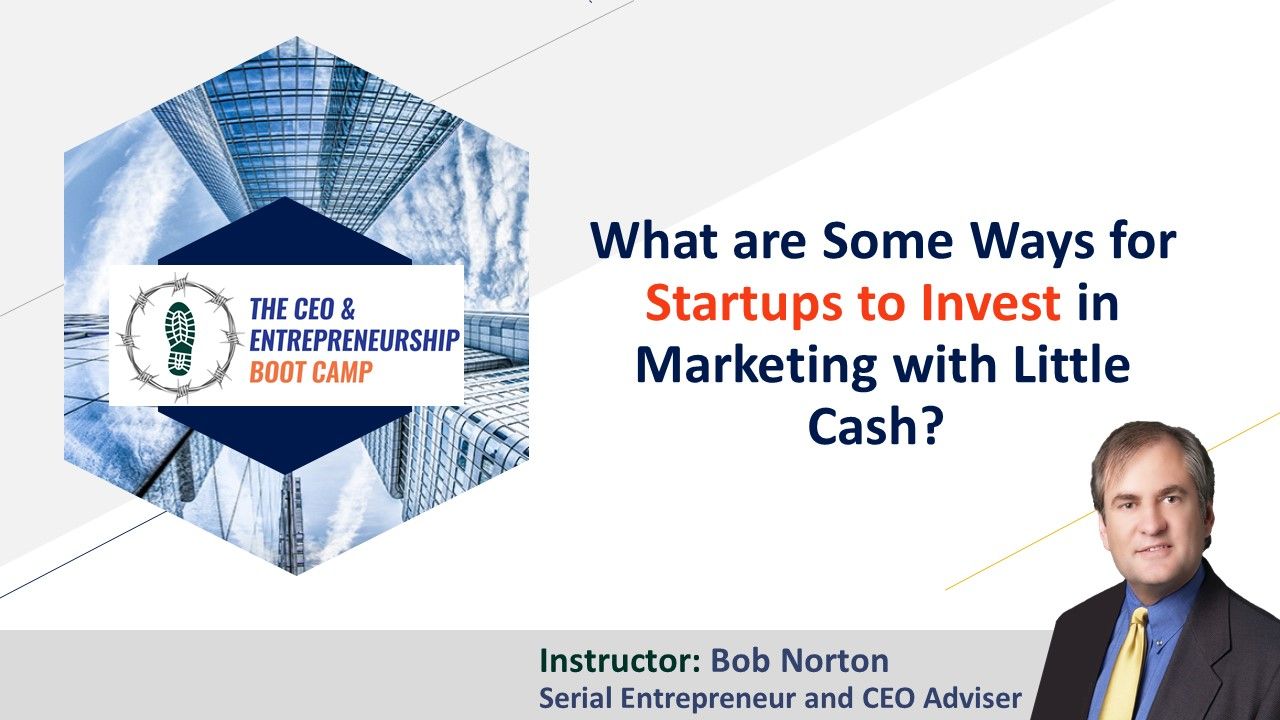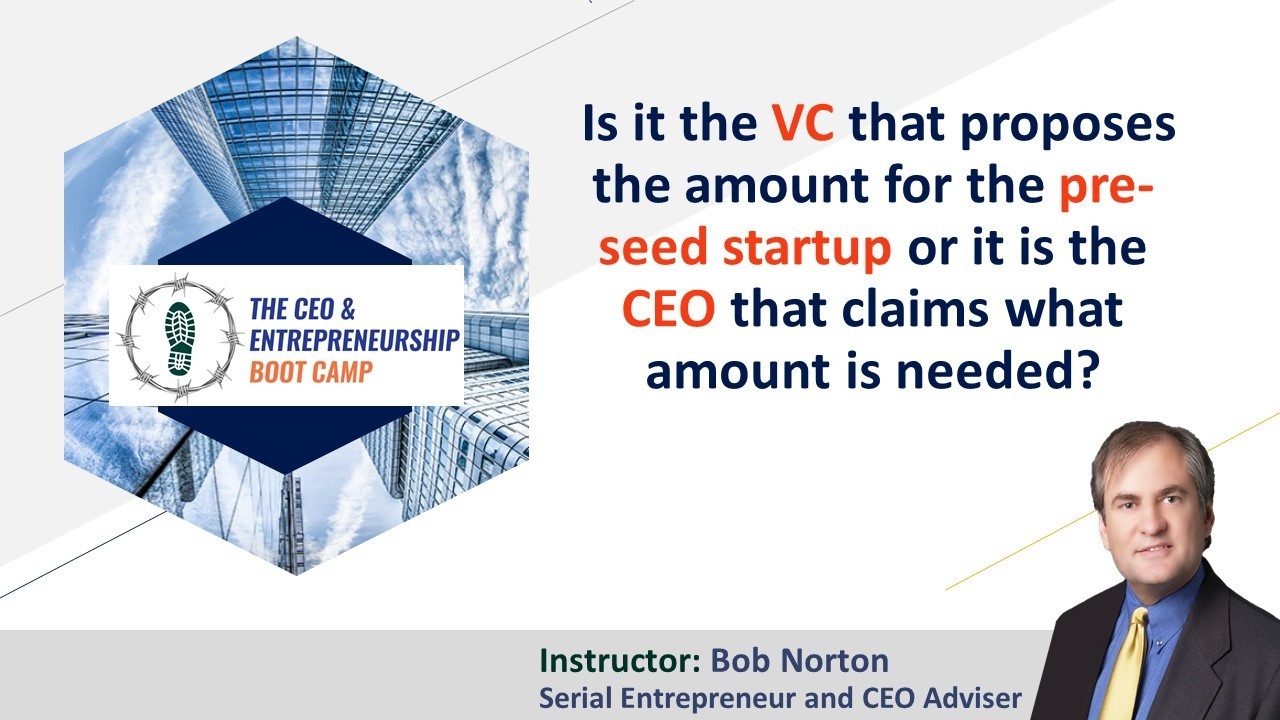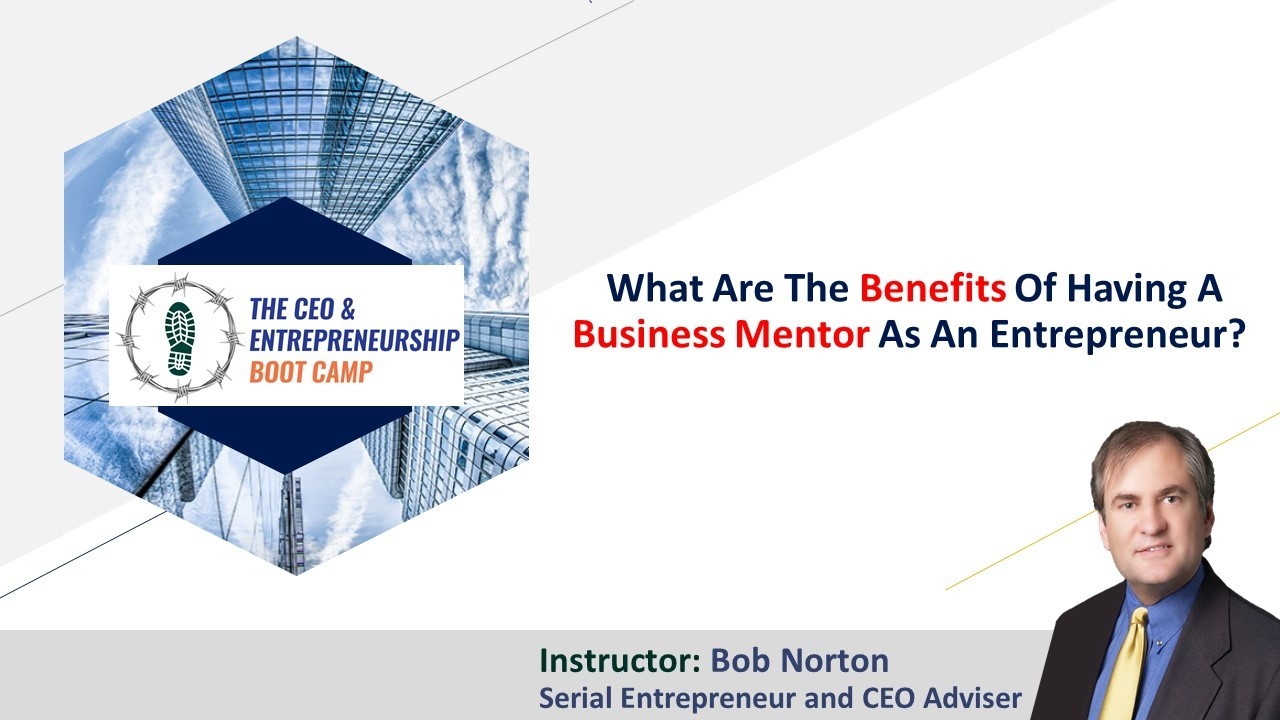How Big A Market Should A Startup Company Target?

The best way to destroy your credibility with investors is to say we are going to attack, and own, a multi-billion dollar market. Although this may intuitively seem to attract investors, in actuality it is a fatal mistake raising capital. Your credibility using $100B or $1 trillion markets is shot to hell. Here is why.
No startup should be going after a market larger than $1B five years out. An ideal market niche size is between $100M and $250M. Niching down is not optional. It is basically suicide to tackle huge markets. Even better is a series of niches in a portfolio of markets shown below.
I have often done with 100% success a “Portfolio of niches” strategy for market entry. This means laying out and ranking many niches and then prioritizing them by various factors. And it sets you up to be very agile, too. The product roadmap and target niches expand each year, as shown below. The first chart shows the long-term market potential for a horizontal product...
How Do You Determine The Distribution of Equity Among Co-founders When Starting A New Company?

There are many factors, and it is too complex to offer a standard answer. You need to hire a consultant that is a CEO/Founder with lots of experience to discuss things for 1–2 hours.
One way around this is to set hourly rates for the founders and track time to allocate it according to contribution. Shares are earned with seat equity. A simple spreadsheet with monthly invoices submitted by everyone is easy to do. There are plenty of software solutions for this too, but likely best only when it gets complicated with many founders.
People and Founders are never “equal” in what they bring to the table. So, splitting 2 or 3 ways is not usually an unfair solution.
Factors to consider:
- Relative time and contribution to sweat equity - some may do little and others may work full-time or more. That is why tracking hours and market rates works well.
- How much capital will be needed and will Founders contribute? S
- Always separate purchased shares from “Founders...
What are Some Ways for Startups to Invest in Marketing with Little Cash?

You cannot grow a company without some investment in sales and/or marketing. The question is really your time versus capital and which would generate the best results (ROI, speed, quality of leads, etc.). If your business model and products are sound, you should likely raise some capital, as it will be needed for more than marketing. It is nearly impossible to build a significant business without some capital and/or sweat equity invested. You cannot create something out of nothing.
Social media allows unpaid marketing and is the most obvious strategy. This can be time-consuming but is also rapid to measure and so can be used to test the messaging and refine it quickly.
The more unique your product or service, the smaller the marketing budget you will need. For example, Tesla spends extremely little compared to other automakers on both marketing and sales. Word of mouth does it for you when you have strong and unique products. “Differentiation”...
The Clash in Styles at Twitter is a Master Class in Management and Organizational Change

The clash at Twitter is a master class in management styles and a case study in what works and does not work, as well as radical organizational change. As Elon Musk's hard driving style is injected into Twitter's Millennial/woke/snowflake culture, explosive results must be expected. The two extremes in style and the rush to convert one culture into the other has created a circus to watch that has many lessons for all, including Elon. Elon's Asperger's Syndrome prevents him from understanding the needs of the people in the transition - though clearly many cannot make this transition too.
Here is a diagram of "The Science of Management" that shows a valuable high-level cadence to bring structure to management. Our framework of 6 systems creates a "closed system" that is constantly improving, incorporating the proven ideas and principles curated from over 1,000 books I have read over 30+ years. See www.AirTightMgt.com.
One problem with the art of management is that it is not...
Do All Startups Bleed Money and Does Scaling Always Require Outside Investors?

This was a question from a prospective Entrepreneur. Maybe one that believes that he/she can create a company without any outside investors.
Well, whenever you use the word “All” in a sentence you are almost always wrong, but it is true that the vast majority of startups and any company wishing to grow rapidly (scale) will require either outside investors, founder capital investment and/or sweat equity (founders working long-term for only equity).
This is because you cannot create something out of nothing. Like in physics, matter cannot be created or destroyed, it only changes form. Cash investment must be converted into value in the form of a product or service people will pay for, and the must be willing to pay more than the cost to deliver it. Generating a "Gross margin". Usually this needs to be 50% or more to pay staff and other overhead costs, though high-volume stores like groceries often operate on 20% gross margin.
First, let’s...
What are the most common mistakes you have seen founders make when they start a business?

Prepare for years in advance by study and experience in management, leadership and smaller companies. Read 2–4 books per month. Always be learning. Now, you can build a tiny house alone, but building a significant company requires a team without about 20 different skills that no one person possesses. Many think they can build a skyscraper alone, even without capital! Dumb. A formula for disaster and why 85% of new companies fail. It takes tremendous commitment and perseverance and is always a rollercoaster ride. Almost never a straight, predictable, linear process.
Here are some great educational sources I have created to solve this exact problem click here to check
Click here to check our all Certification Programs

All entrepreneurs and CEO must be committed to life-long learning. After 31 years as a CEO it gets hard to find and learn new things, but the world changes and there is always something new to learn. Most success comes from great strategy and great team....
Is it the VC that proposes the amount for the pre-seed startup or it is the CEO that claims what amount is needed?

No good investors would want to invest in a company where the CEO did not have their head around the capital needed. A financial projections and plan is required to even get a meeting with most investors. That said, there can always be some back and forth negotiations. A VC might want to put more money in to scale faster. A CEO wants minimum dilution and to get the valuation up by achieving key milestones like MVP, traction, team building and quantification of customer acquisition costs. All of these reduce risk and hence increase the share and valuation price.
Click here to check our all Certification Programs

Pre-seed means smaller amounts and lower valuations because the risks are high. Contrary to popular belie, very few VCs do these stage deals, unless it is a team that has made lots of money for investors before. Typically, these rounds are $250,000 to $500,000 and done by angel investors.
You can see my free webinar on preparing your company to raise...
Should I join a company as a Founder?

If you have to ask this question, you are likely not passionate enough or ready in other ways to do this. The commitment to any startup is likely five or more years. And long working hours that can easily be sixty-to-eighty-hour weeks at times. As a result, you need to know for certain you would both enjoy the work and are qualified to do the job offered. You also need to do your due diligence to understand the company’s team, finances and chances of success. About 85% of startups will fail. Just a fact.
Asking about a specific company is almost not relevant because the decision process for you is the same and we (advisers here) do not know your background or private information about the company. Nor did you say if this was a promotion, good salary, equity offer, no pay, or whatever. All 100% relevant to any answer.
My main career advice to people is, “Always be learning”. By increasing your knowledge and experience, your market value and options will go up....
When is the right time to get adviser/board of directors for a startup?

Firstly, these are two very different things. A BOA is usually a domain expert while a BOD member may bring skills like finance, sales, operation, scaling, marketing or other expertise. Too many boards are dominated by investors who only know finance.
The right time to start is yesterday. Usually as soon as you are clear on the mission of the company, which allows you to build out the skills you need on your team. It takes time and patience to develop a BOA member. Few want any formal connection until some value has been built, as the risk is so high, like 90% that the company will go nowhere for a long time. You can work with them informally and work your way up to something more formal when needed.
An informal Board of Advisers (BOA) can be started very casually and develop over time. Start with lunch and discussions to get their input of the business plan. Tell them everything, hold back nothing. Be vulnerable to show you are coachable and will listen to people with other...
What are the benefits of having a business mentor as an entrepreneur?

There are too many to list individually, but most come from having someone with experience. People often confuse smart with experienced and think they can do anything new well. Science and logic says this is not possible with anything complex.
Few things are as complex as entrepreneurship. Hardly anyone would read a book on flying and hop in a plane alone to fly it. Or try to climb Mount Everest alone. But everyone thinks they can build a new business for some strange reason. As a result, we have an 85% failure rate of new businesses. Ones with coaches and mentors greatly outperform because they avoid the hundreds of common mistakes and pitfalls, some of which can be fatal to a business. These companies where the CEO and executives use coaches even outperform the S & P 500 (mature companies) by a wide margin. They are working on constant improvement of the team, which makes all the critical decisions. And this reduces turn-over, challenges people and gives them career growth...


